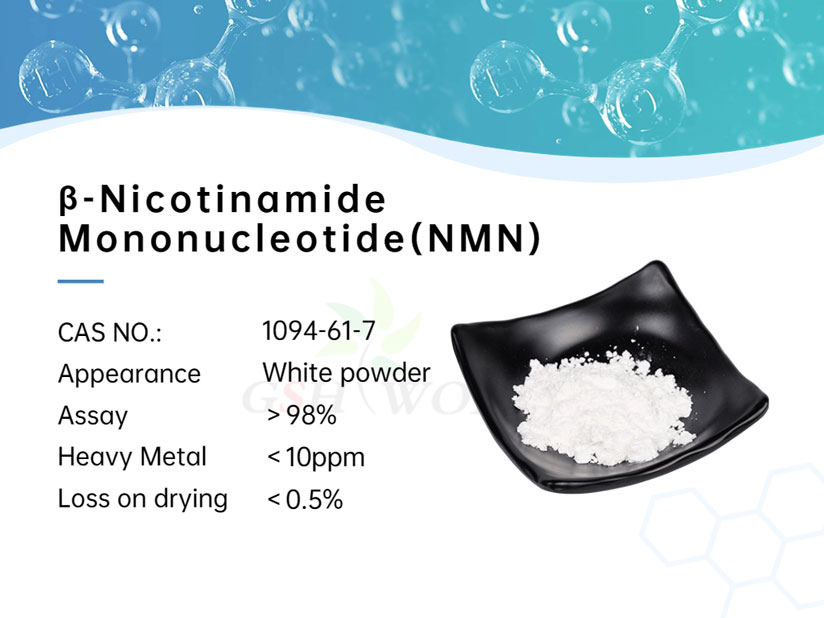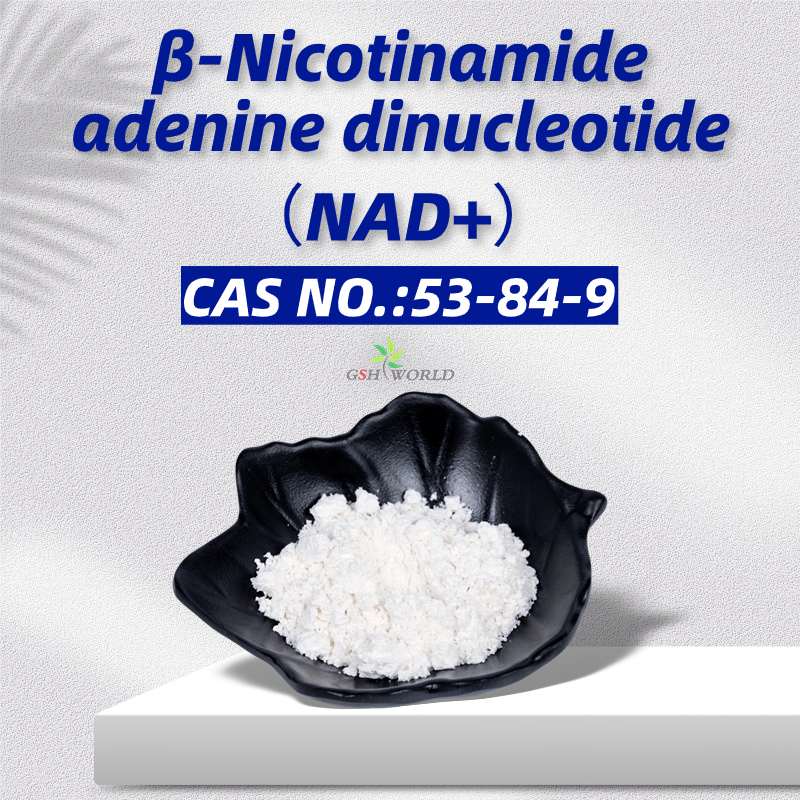NMN has received a lot of attention in recent years for its potential anti-aging and health-promoting effects.
Especially when it comes to eye health, NMN has been shown to have a protective effect on the retina, preventing retinal dysfunction.
Protective effect of NMN on retina
1. Improve retinal mitochondrial function
With the increase of age, the retinal mitochondrial function will gradually decline, resulting in energy metabolism disorders, and then lead to retinopathy.
As a precursor of NAD+, NMN can increase the level of NAD+ in the cell, promote mitochondrial function, improve the efficiency of energy metabolism, and thus improve the health of the retina.
2. Prevent retinopathy, injury and detachment
Studies have shown that β-Nicotinamide Mononucleotide has antioxidant and anti-inflammatory effects and can reduce oxidative stress and inflammatory responses in the retina, protecting the retina from damage.
NMN can also reduce the pathological proliferation of retinal glial cells, reduce the expression level of molecules related to neuroinflammation, and further maintain the normal function of the retina.

3. Protect photoreceptor cells
Photoreceptor cells are an important part of the retina and are responsible for converting light signals into nerve signals.
NMN has been shown to protect photoreceptor cells from oxidative stress and damage, preventing their degeneration and thus maintaining normal visual function.
Application of NMN in retinal dysfunction caused by cardiovascular disease
Cardiovascular disease is one of the common chronic diseases in the older people, which can have a significant impact on the retina.
Studies have shown that retinal damage caused by cardiovascular dysfunction is a serious disease that threatens vision.
NMN also showed a significant protective effect in this respect.

1. Reduces retinal dysfunction
In mouse experiments, retinal dysfunction was observed by surgically creating unilateral common carotid artery occlusion (UCCAO) to simulate cardiovascular dysfunction.
Daily intraperitoneal injection of NMN after occlusion significantly reduced the occurrence of retinal dysfunction.
2. Improve glial cell proliferation and inflammation
Retinal glial cells in mice undergoing carotid artery occlusion surgery were activated and overproliferated, forming scars and preventing nervous system tissue from regenerating in the injured area.
After NMN treatment, the pathological proliferation of glial cells in mice reduced, and the expression level of molecules related to neuroinflammation also decreased.
preventive effect of NMN on other retina-related diseases
In addition to retinal dysfunction due to cardiovascular disease, NMN has also shown to prevent and protect against other retina-related injuries and diseases, such as glaucoma, age-related macular degeneration, and others.

1. glaucoma
Glaucoma is one of the leading causes of irreversible blindness worldwide.
Studies have shown that mitochondrial dysfunction caused by decreased levels of NAD+ is closely related to the progression of glaucoma.
The supplementation of NMN can increase the level of NAD+ and improve mitochondrial function,
thus helping to prevent and delay the occurrence and development of glaucoma.
2. Age-related macular degeneration
Age-related macular degeneration (age-related macular degeneration) is a common Old people eye disease,
mainly characterized by decreased central vision and visual field loss.
Although the direct protective effect of NMN on age-related macular degeneration has not fully established,
given its extensive protective effect on the retina,
it can speculated that NMN may also have some potential to prevent or delay the occurrence and development of the disease.
reference
[1] Toshihide Kurihara, Jun Yoshino, et al. Nicotinamide Mononucleotide Protects against Retinal Dysfunction in a Murine Model of Carotid Artery Occlusion. Int J Mol Sci. 2022 Dec; 23(23): 14711.




